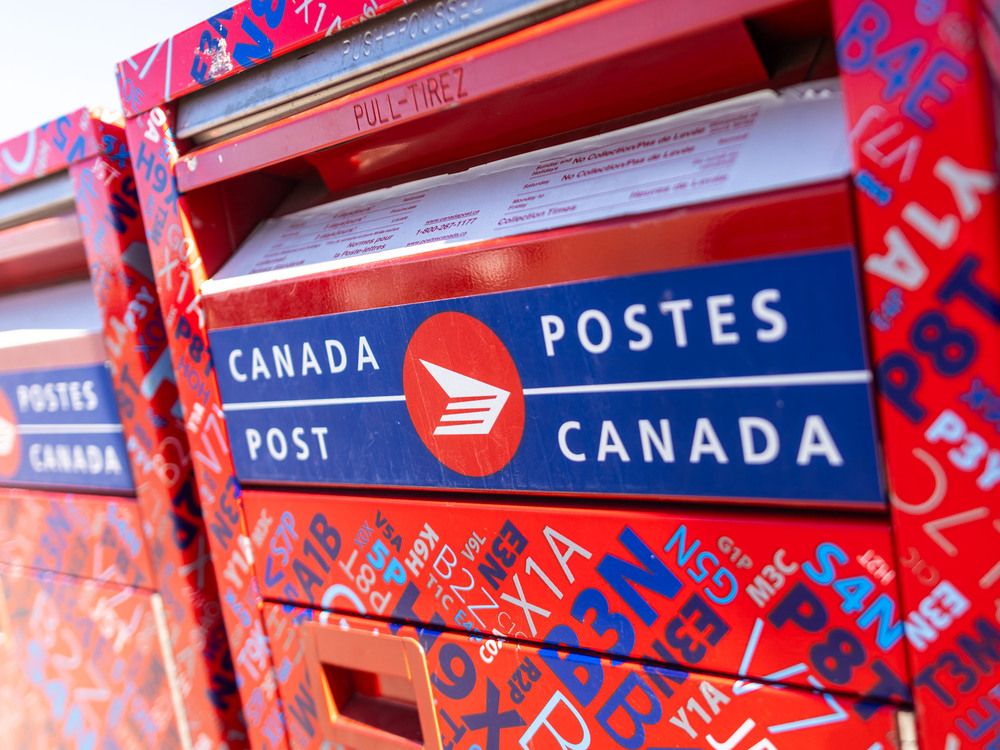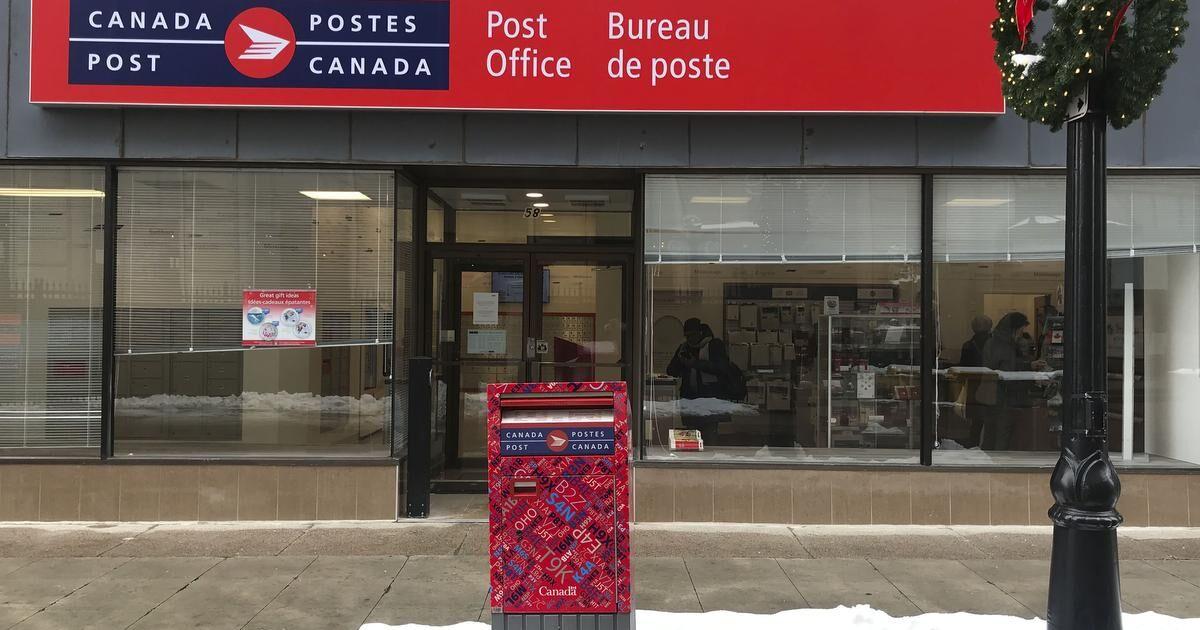Jonny5
Senior Member
Oh, I see now it is simply white labelling a service from a neobank. Interesting move, as there's some risk there since it's not a "real" bank they are dealing with, and it appears to be a private company, so ownership could change any time, and also they could refuse to renew the contract at expiration, but it makes sense for an offering to places where there's no physical banking services. I'd be wary of the fees and interest rates though, both positive and negative, I'm sure they will be non-competitive, but if you have no choice you have no choice and that's how they will make the profits.This is what they are embarking on:

Canada Post to launch chequing and savings account with Koho
Canada Post is making another foray into banking services with a chequing and savings account in partnership with Koho Financial. Read on.financialpost.com
It obviously wouldn't involve carriers but be linked to counter/teller services. I don't know all the pros and cons, just as an observer of the gaps left by the big banks closing their small branches. There is a range of opinions. This is one. I don't agree with all of it. Of course, the Bankers' Association is against any of it.

Amir Barnea: Why Canada Post should offer banking services
As the big banks close branches, remote communities are becoming underserved. Canada Post could help solve that problem, writes Amir Barneawww.thestar.com
A number of years ago, a bank closed the only branch in a small community I used to live near. It is 75 km to the next community. Among other things, local residents and businesses could no longer do cash deposits or get money for floats. The usual statement from that bank said most of the customers use online banking. Trouble is, the town had, at the time, only had dial-up. They didn't even bother installing an ATM (probably because it wouldn't work on dial-up).
I don't go to a physical bank that often anymore but, when I do go, the clientele is mostly all seniors (which makes the parking lot particularly 'interesting'). Many can't navigate online sites or don't trust them.
Several countries offer some form of postal banking services. I think it's a viable niche.
Last edited:




